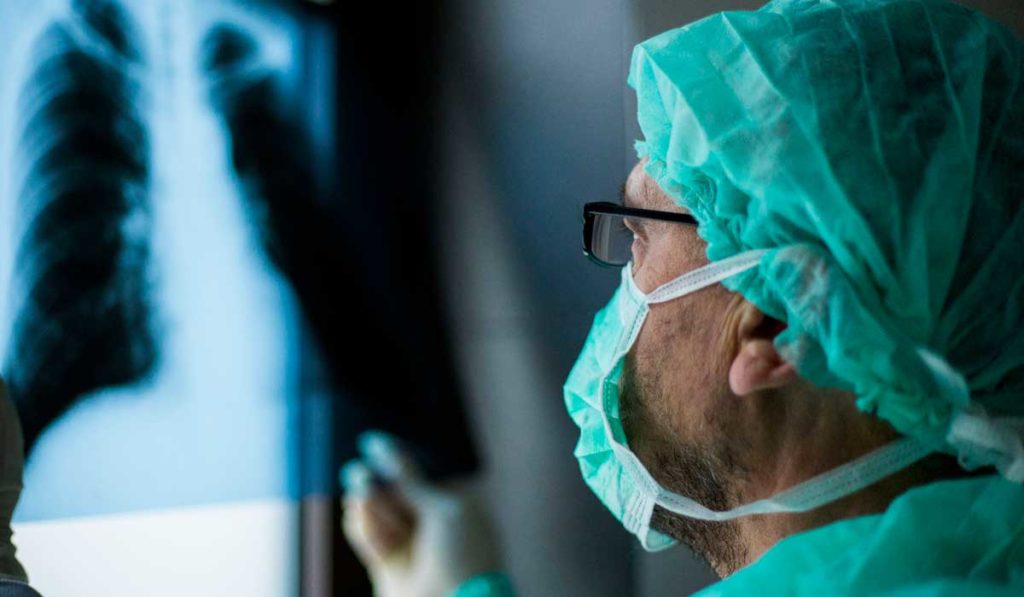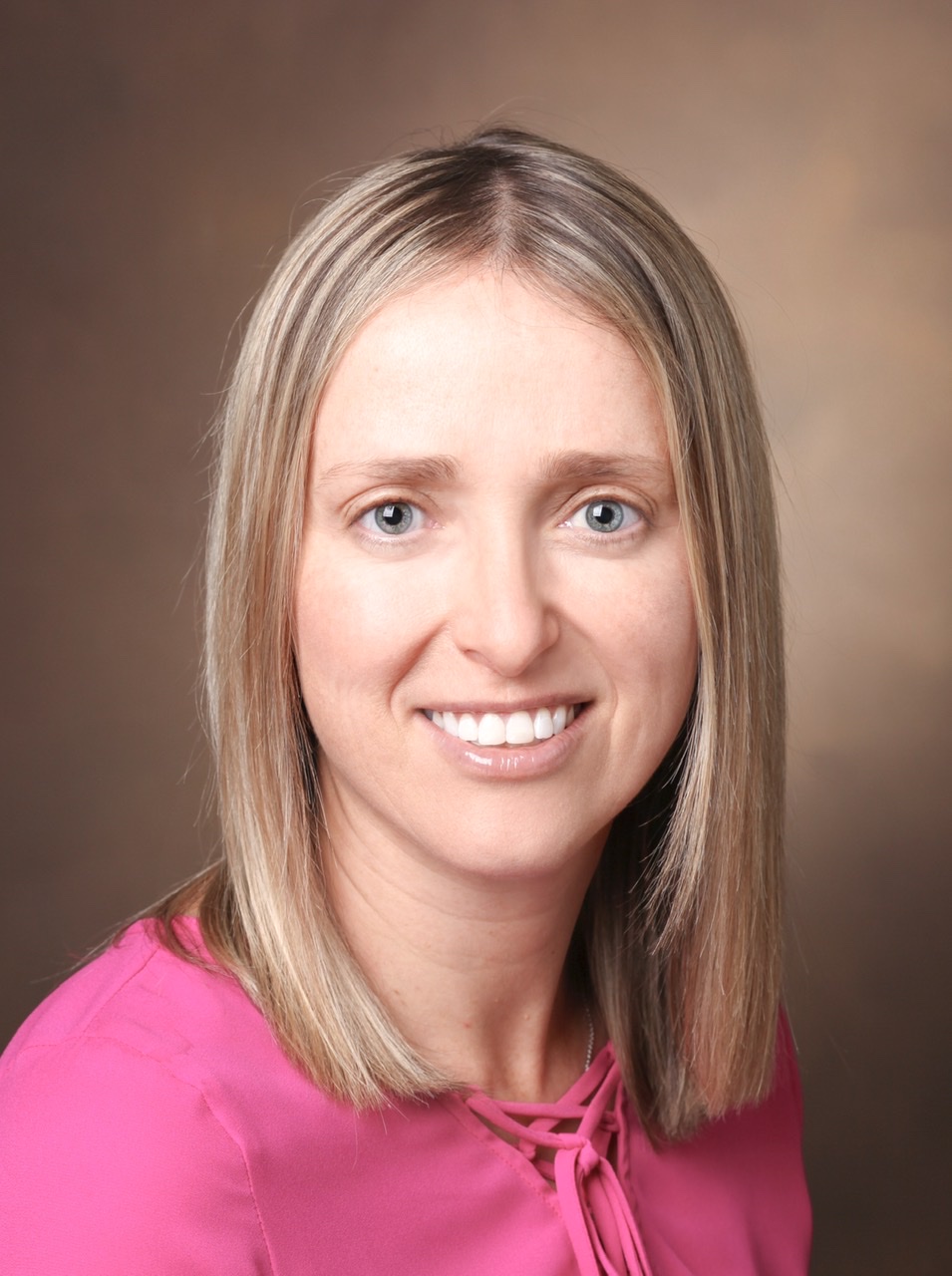Thoracic cancer patients who contract COVID-19 are at increased risk of death, according to early results from TERAVOLT (Thoracic cancERs international coVid 19 cOLloboraTion), a global consortium that is tracking outcomes among this vulnerable patient population.
Much of the early data was accumulated when the pandemic was first sweeping through Italy and other European nations. Updated data from the registry, including outcomes from the United States, were presented at ASCO20 Virtual by Leora Horn, M.D., Ingram Associate Professor of Cancer Research at Vanderbilt-Ingram Cancer Center, and in a report in Lancet Oncology, on which Horn was senior author. Coauthors included Marina Garassino, M.D., of the National Cancer Institute of Milan, Italy, who initiated the idea of the registry.
“The outcomes for patients with thoracic malignancies were pretty shocking,” said Horn. “There was 35 percent mortality in patients, almost a quarter of whom had not even received therapy for their cancer and half of whom were on first-line treatment that for many patients can offer a prolonged survival and improvement in their quality of life. In the patients on therapy, mortality was 47 percent if they had chemotherapy in the past three months.”
“There was 35 percent mortality in patients, almost a quarter of whom had not even received therapy for their cancer … mortality was 47 percent if they had chemotherapy in the past three months.”
The data also showed that around 92 percent of patients were not admitted to an ICU even though they may have required ICU admission. “This was primarily due to institutional policies, lack of resources, or physicians determining it would be futile to admit a patient with stage IV cancer to the ICU,” Horn said.
Tracking COVID-19 Outcomes
The TERAVOLT consortium began with an email to colleagues from Garassino, who specializes in lung cancer and other thoracic cancers.
“Marina sent an email to a number of oncologists about COVID-19 and what was happening in Italy,” Horn said. “She said that it was terrible – that it is a war – and that we needed to collect data and survivor outcomes, not only to see what is happening with patients but how delays to their therapies can impact cancer care.”
Horn offered, in collaboration with Vanderbilt colleague Jennifer Whisenant, Ph.D., research assistant professor of medicine, to develop the database and for Vanderbilt to host it on REDCap. They reached out to around 75 oncologists to join the consortium and have since had interest from more than 200 cancer centers in more than 22 countries.
“This started as a small project among friends emailing one another as we were concerned about our patients. It’s been amazing to watch the lung cancer community come together globally,” Horn said.
Building the Infrastructure
Within three days, a database had been built, and within a week they had approval at Vanderbilt and in Italy and data collection began. “We shared an updated analysis at ASCO with another 200 patients, including sites in the United States,” Horn said.
The analysis breaks out data on how patients receiving chemotherapy, immunotherapy and tyrosine kinase inhibitors fared and the effect of comorbidities, steroids and anticoagulation on outcomes. Another focus will be outcomes of patients admitted to the hospital.
“Are we going to see different outcomes in the U.S. compared to Europe where physicians are a little clearer in goals of care discussions up front and where many hospital systems were at capacity?”
“Are we going to see different outcomes in the U.S. compared to Europe where physicians are a little clearer in goals of care discussions up front and where many hospital systems were at capacity? Difficult decisions had to be made, and patients with thoracic cancers or stage IV disease were not offered ICU care,” Horn said.
TERAVOLT will continue to track long-term outcomes of people with lung cancer sickened by COVID-19.





